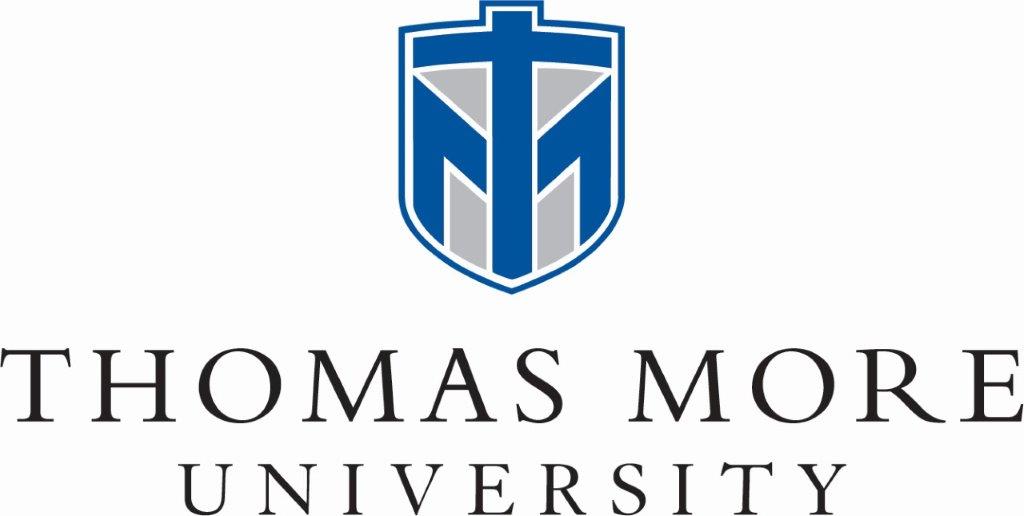
All University employees
The purpose of this Policy is to:
University Record: includes any record that is made, produced, executed, received, or maintained by any University department, office, or employee in connection with the transaction of University business, including records considered to be confidential in nature. This Policy applies to all records without regard to format, and includes but is not limited to documents in paper, electronic, and other media formats. Electronic documents will be treated as if they were paper documents. Therefore, any electronic files, including records of communications and reports sent online, that fall into one of the document types on the schedule will be maintained for the appropriate amount of time.
Thomas More University recognizes that the efficient management of University Records is necessary to support the University’s core functions, to comply with its regulatory obligations, to contribute to the effective overall management of the institution, to preserve its history, and to ensure that records that are no longer needed or of no value are discarded at the appropriate time. The University, therefore, requires that University Records be retained for a period specified in the University Records Retention Schedule to ensure that efficient and effective retention of University Records are well documented and enforced. University Records, in their original form, may be destroyed after they have been retained for the minimum period (see Destruction of Records procedure). At the discretion of the department and with the approval of the appropriate area vice president, University Records may be retained for a longer period of time.
The President may exempt from destruction documents created or received that the President determines are historical, strategic, or otherwise valuable to the University. In addition, data stored on obsolete electronic administrative systems may be the exempted from destruction as determined by the University’s General Counsel on a case-by-case basis.
Policies of the Thomas More University Archives
I. Administrative Department Responsibilities
Each manager will be responsible for ensuring that the department retains records on behalf of the University. Each manager will be responsible for reviewing and updating the Record Retention Schedule and, if necessary, make recommendations to the area vice president of required changes. Each manager is responsible for executing and overseeing the execution of the Record Retention Schedule.
II. Storage of University Records
University Records are stored in secured areas while in active use, within access of the employees using the records. University Records in hard copy form not in current use are placed in a safe and secure location. The minimum retention period commences from the date of the last transaction entered in the records. Unless otherwise specified, the retention period set forth in the schedule begins at this point in time. Archiving or destruction of records must be done only after the expiration of the specified retention period for the records and with the approval of the manager.
III. Archiving University Records
The University Archives is intended to be a permanent repository for materials that perserve the history of the University. Once a file is transferred to the Archives, it is the property of the Archives, not the office of origin.
Space in the Archives is limited. The Archives cannot store materials that are not directly related to Thomas More University. Examples of materials that should be transferred to the Archives:
Materials that should not be transferred to the Archives:
Materials should be transferred to the Archives only by the office of origin. No more than two duplicates need be sent.
IV. Destruction of Records
University Records must be maintained and destroyed in a manner that supports operational needs, internal control directives, and must also meet, if applicable federal, state, and regulatory requirements. Records to be destroyed will be shredded.
V. Legal Holds
The destruction of University Records will be suspended immediately upon notice that an investigation, audit (other than an audit of the University’s financial statements by its independent public accountants), or litigation is pending, imminent, or reasonably foreseeable. The suspension will be tailored to cover only those records relevant to the investigation, audit, or litigation.
Retention procedures will be suspended when in the judgment of the University’s General Counsel, a record or group of records should be placed on legal hold. A legal hold requires preservation of appropriate records under special circumstances, such as litigation or government investigations. The University’s General Counsel determines and identifies what records are required to be placed under a legal hold.
Employees will be notified if a legal hold is placed on records for which they are responsible. Employees are then required to locate, index, segregate, and protect the necessary hard copy records and notify Information Technology Services if the records are in electronic form. Any record that is relevant to a legal hold must be retained and preserved. Employees unsure whether a document is relevant to a legal hold must protect that document until otherwise instructed by the University’s legal counsel.
A legal hold remains effective until it is released in writing by the University’s General Counsel. After receiving written notice, employees may return all records relevant to the legal hold to their normal handling procedures and the University Retention Schedule.
VI. Sanctions
Failure on the part of employees to follow this Policy can result in possible civil and criminal sanctions against the University and its employees and possible disciplinary action against responsible individuals.
Not applicable
|
Date |
Supersedes Policy |
Summarize Change |
|
September 20, 2018 |
None |
New policy |
|
August 2019 |
Record Retention Policy, September 20, 2018 version |
Clarification of archive procedures; addition of Record Retention Schedule
|
University Record Retention Schedule
Joseph L. Chillo, President